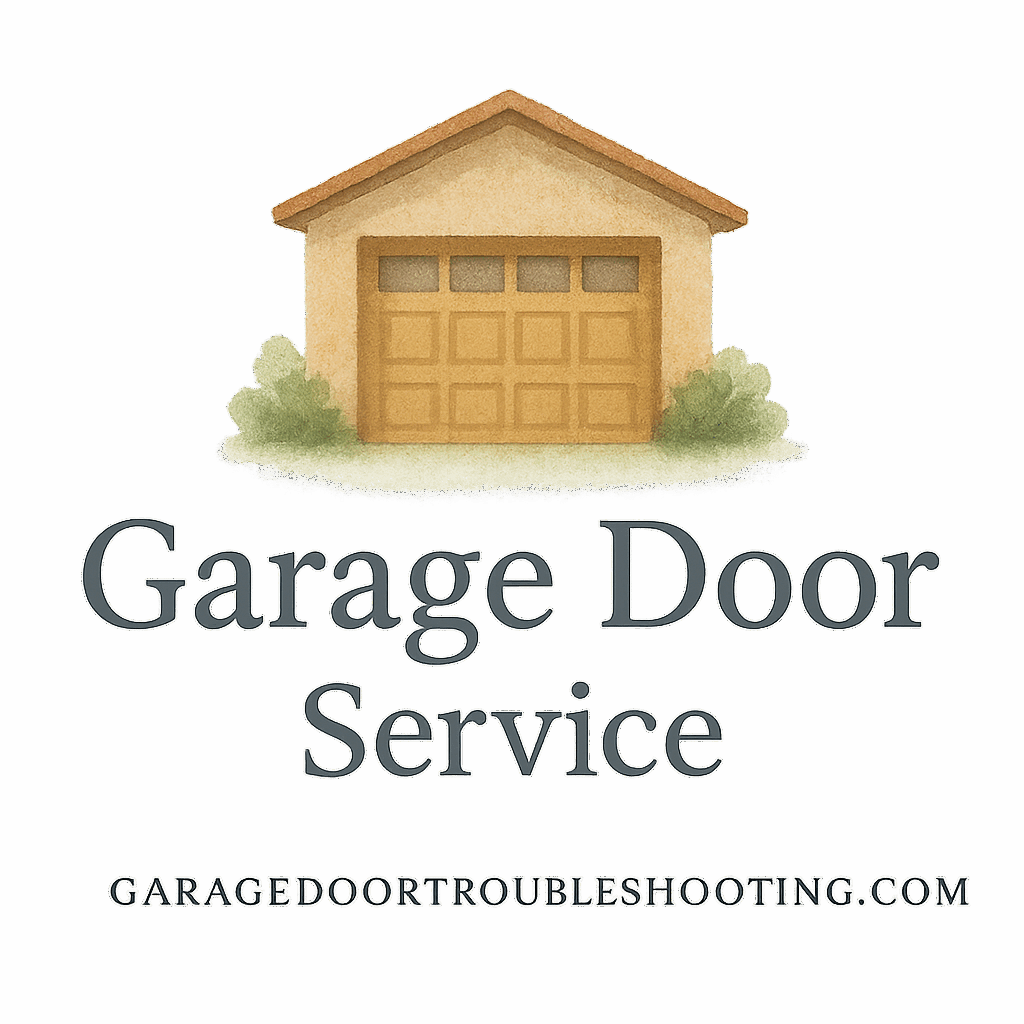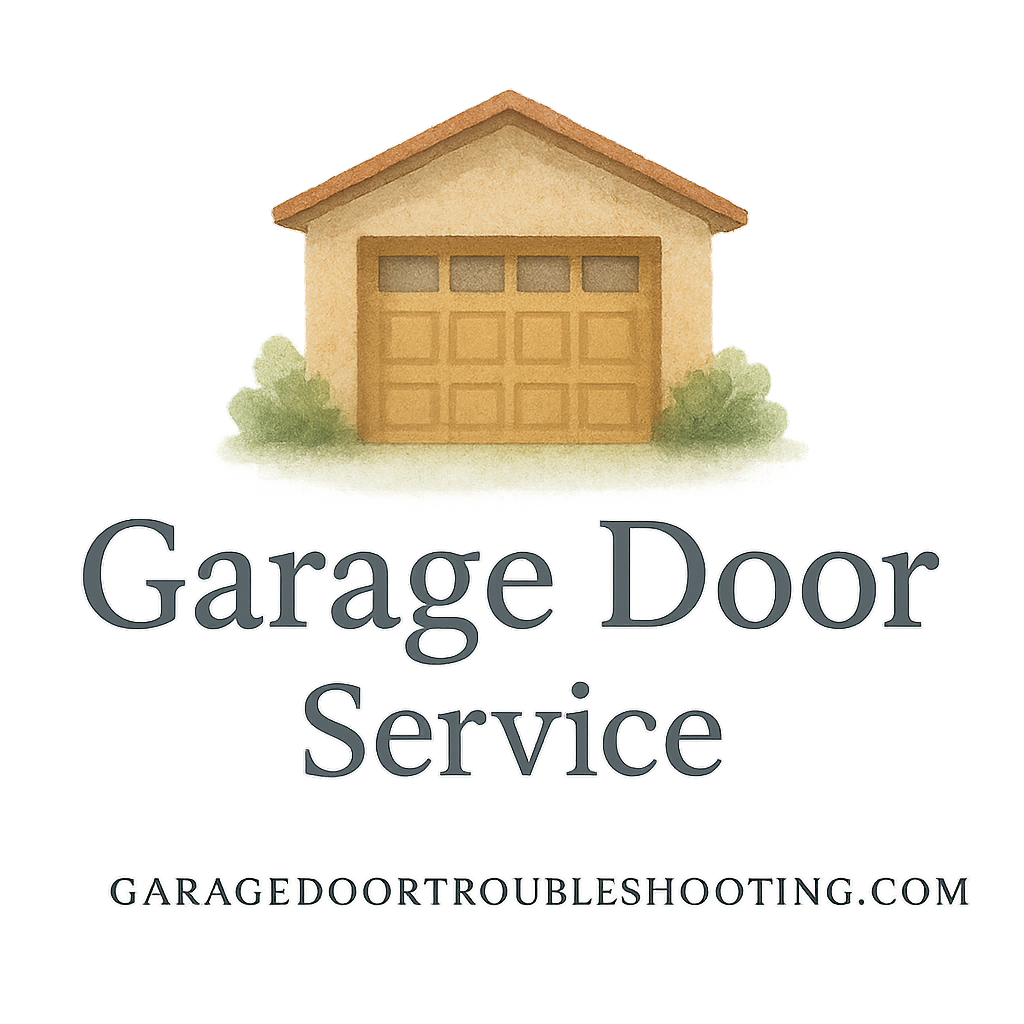Introduction: Why Rollers Matter in Garage Door Repairs
Ever noticed your garage door making strange noises or refusing to glide smoothly? The culprit is often the rollers. These little wheels do a huge job—supporting your door’s weight and ensuring it opens and closes effortlessly. But like any moving part, they don’t last forever. Understanding why garage door rollers fail can save you time, money, and frustration.
In this post, we’ll walk through the 8 reasons why rollers fail in garage door repairs, plus what you can do to prevent costly breakdowns.
Understanding Garage Door Rollers
What Are Garage Door Rollers?
Garage door rollers are small wheels attached to each side of your garage door. They run along the metal tracks, allowing your door to slide up and down smoothly. Think of them as the “sneakers” of your garage door—without them, you’re not going anywhere.
The Role of Rollers in Smooth Operation
Rollers don’t just guide the door; they also carry its weight. Every open and close puts stress on them, especially with heavy steel or wood doors. When rollers fail, the entire garage door system struggles, often leading to bigger repair needs.
Common Reasons Why Garage Door Rollers Fail
Let’s break down the most common causes of roller failure.
1. Lack of Regular Maintenance
How Dirt, Dust, and Debris Cause Failure
Rollers attract dust, grime, and even cobwebs over time. When ignored, that buildup acts like sandpaper, grinding against the bearings and shortening their lifespan.
Importance of Lubrication
Just like a bicycle chain, rollers need lubrication. Without it, they squeak, grind, and eventually seize up. A quick application of silicone-based spray every few months can keep them rolling smoothly. (Check out these helpful garage door maintenance tips).
2. Using Low-Quality Rollers
Steel vs. Nylon Rollers
Not all rollers are created equal. Nylon rollers tend to be quieter and last longer, while cheap steel rollers may wear quickly.
Why Cheap Replacements Don’t Last
It’s tempting to grab the cheapest roller replacements online. But low-quality rollers fail faster, costing you more in repeat repairs. Investing in quality rollers means fewer breakdowns.
3. Overloading the Garage Door
Signs of Strain on Rollers
Garage doors are built with specific weight limits. If you’ve added insulation panels or upgraded your door without upgrading the rollers, they may be carrying more than they should.
Impact on Balance and Alignment
An overloaded door shifts weight unevenly, pushing rollers off-track and causing premature wear.
4. Misalignment of Tracks
How Track Issues Lead to Roller Wear
If the tracks aren’t aligned, rollers scrape against the sides instead of gliding smoothly. That friction causes flat spots, cracks, or complete breakage.
Fixing Alignment Early
Minor alignment issues are easy to correct early on. Ignoring them? That leads to bent tracks, ruined rollers, and costly professional repairs. (See repair guides here).

5. Weather and Temperature Changes
Rust and Corrosion from Humidity
Moisture is a roller’s worst enemy. Steel rollers can rust, weakening their structure and making them noisy.
Expansion and Contraction Issues
In areas with extreme heat or cold, rollers expand and contract. Over time, this stress makes them brittle and prone to cracking.
6. Improper Installation
Why DIY Installation Can Cause Roller Failure
We’ve all been tempted by a DIY project. But when it comes to garage door rollers, improper installation can be dangerous and costly. Misplaced rollers strain the tracks and lead to early failure.
Professional Installation Benefits
A trained professional ensures the right roller type, perfect alignment, and safe operation. Sometimes, paying upfront saves you hundreds in repairs.
7. Age and Wear Over Time
Typical Roller Lifespan
Even the best rollers don’t last forever. On average, rollers last between 7–10 years, depending on usage. Heavy use (like opening the door multiple times daily) can shorten that span.
When to Replace Instead of Repair
If rollers are cracked, wobbly, or excessively noisy, it’s time to replace. Small fixes won’t hold up if the roller has already reached the end of its life cycle.
8. Ignoring Minor Issues Until Too Late
Small Noises That Signal Big Problems
Hear squeaks, grinding, or clunking? Those are warning signs. Many homeowners ignore them until the rollers literally fall out of the track.
Preventative Care Tips
Listen to your door. Early intervention—tightening bolts, lubricating rollers, and checking track alignment—can save you from bigger headaches. (Explore safety precautions here).
How to Prevent Roller Failures
Follow a Maintenance Plan
A consistent maintenance plan is key. Inspect rollers quarterly, lubricate them, and clean the tracks.
Choose the Right Roller Type
Match your roller type to your door’s weight and usage. Nylon rollers are ideal for quieter operation, while heavy-duty steel rollers suit heavier doors.
Schedule Professional Inspections
Yearly professional inspections help catch hidden issues before they turn into emergencies.
DIY vs. Professional Garage Door Repair
Risks of DIY Roller Fixes
DIY might save a few bucks, but garage doors are under extreme tension. A single mistake could cause injury or bigger repair bills. (Learn about dangerous repairs here).
When to Call a Garage Door Professional
If your rollers are visibly damaged, misaligned, or causing the door to jam, it’s time to call in a garage door service provider.
Related Garage Door Safety and Security Tips
Want to protect your entire garage system? Check out these resources:
Conclusion: Protecting Your Garage Door Rollers
Garage door rollers might be small, but their role is huge. By understanding the 8 reasons why rollers fail in garage door repairs, you can stay ahead of problems and extend the life of your door. Regular maintenance, quality rollers, and timely professional help go a long way in keeping your garage door safe and reliable.
FAQs
Why do garage door rollers make noise?
Noise usually comes from lack of lubrication, dirt buildup, or worn-out bearings.
How often should I replace rollers?
Most rollers last 7–10 years, but heavy use may require earlier replacement.
Can I lubricate rollers myself?
Yes—use a silicone-based spray. Avoid WD-40, as it attracts dust.
What’s the best type of roller—nylon or steel?
Nylon rollers are quieter and low-maintenance, while steel rollers handle heavier loads.
How do I know if my rollers are failing?
Look for cracks, wobbling, squeaks, or the door jerking when opening.
Is it safe to repair garage door rollers myself?
Small maintenance is fine, but roller replacement is best left to professionals due to safety risks.
How much does roller replacement usually cost?
Professional roller replacement typically costs $100–$200, depending on parts and labor.


